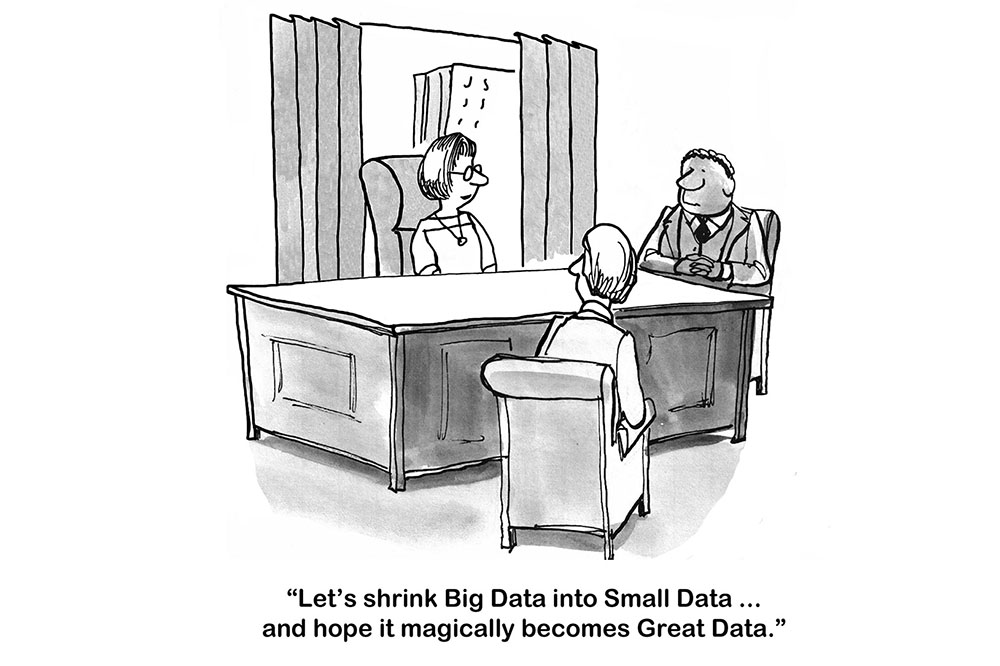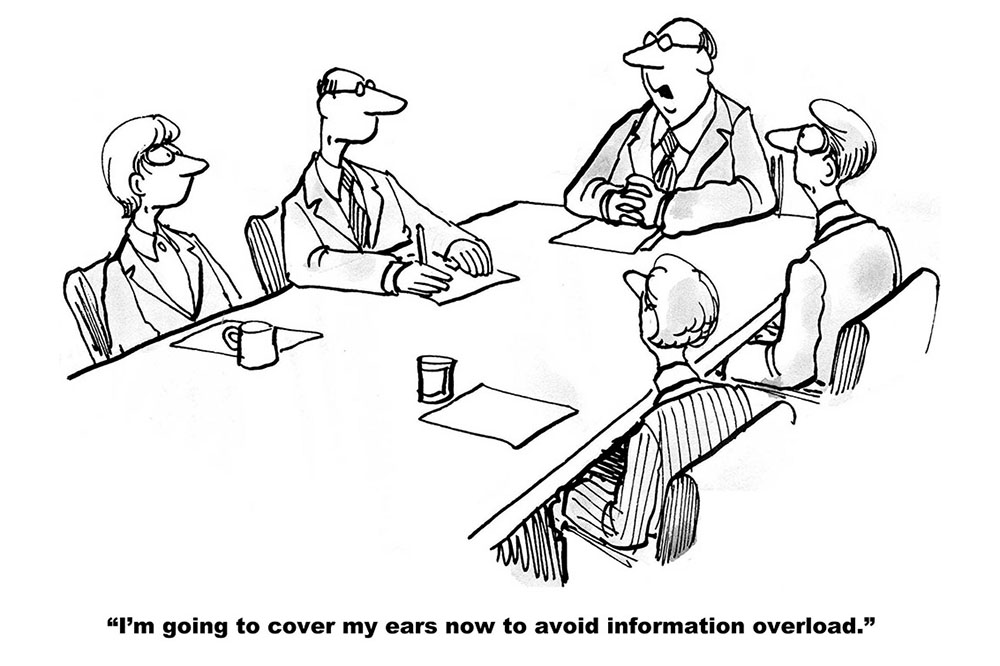What books should budding consultants read? How can consultants build the skills to solve clients’ most urgent issues, build long lasting client relationships, and continue to evolve consultants’ own toolkit? Are there good books that can help? Over my course of consulting careers, seven books have helped me tremendously. For every vacation, I will take one and try to re-read, refresh, and rejuvenate myself using the wisdoms imparted from the books.
Over the last 20 years, the one question that I get asked over and over again by both MBA students during the campus interviews and young consultants who just started their consulting profession is what books they should read to learn how to be a great consultant. Here is a list of 7 timeless classics that even today, I would go back to reread and refresh my memory and gain more insights every year.
Each of the seven classic books focuses on one key question that every consultant should be deliberating:
- How do I write and communicate so that clients can understand me? Answer: Pyramid Principle
- How do I create great presentations? Answer: Say It with Charts
- How do I speak and present my recommendations to a large audience, especially if I came from a technical background? Answer: Even A Geek Can Speak
- How do I ensure that I can stay current with the latest business and technology trends and be able to help clients with new problems? Answer: Range
- How do I build deep relationships with my clients? Answer: Trusted Advisor
- How do I pick the right consulting firms to work for? Answer: What It Takes
- How do I network so that I can always find the next gig? Answer: Never Eat Alone
Here is my rationale on picking each of the books:
- Pyramid Principle – by Barbara Minto
This McKinsey classic on how to think and how to write was first introduced to me when I was starting my consulting career back in the late ’90s. Over the last 20 years, I would always go back and re-read it every year to make sure I remember all the principles and guidance.
- Say it with charts
“One chart, one message” – This simple principle of creating PowerPoint charts came straight out of the “Say it with Charts” book. PowerPoint, as a tool, has gained its notoriety on not being able to help people communicate the key messages effectively. But if one laid out the key messages using the principles described in Pyramid Principle and created charts using the rules and recommendations by Say it with Charts, PowerPoint can still remain as an effective mechanism to help convey the messages.
- Even a geek can speak – by Joey Asher
I bought this book in 2005 because the title immediately grabbed my attention. I was a geek working on IT strategy issues. I didn’t know how to present to a large audience. But to make partner, I had to present to the whole partner group! The good news is that my mentor kindly hired a presentation coach for me, and this was one of his recommendations. The book focused on people with technical backgrounds and identified intuitive ways to help geek speak! For example, it not only provided tips on how to present, it also had advice on how to control your voice!
- Range – By David Epstein
https://www.amazon.com/Range-Generalists-Triumph-Specialized-World/dp/0735214484
One of the worst mistakes of any consultant is to try to apply existing solutions to a new problem – the so-called hammer looking for nail problem. This is often a problem exhibited by specialists. Range is a great book for aspiring consultants to become T-Shaped consultants where they can apply fundamental first principles to solve problems. David Epstein did extensive research on comparing specialists and generalists and described why the future requires more generalists than specialists.
- Trusted Advisor – by David Maister, Charles Green, and Robert Galford
I was first introduced to this book when I started my consulting career at Diamond. I even had the opportunity to meet David Maister and learned about how to be a trusted advisor firsthand from him. It’s a must on every single consultant’s desk.
For one of the life insurance clients in China, I even introduced the whole “trust equation” to the whole agency salesforce. The agency salesforce at the time was very much about hard product pushing. Introducing the trust equation to the whole 300,000+ life insurance agents allowed the company to start to shift from hard product sell to more customer-centric long term relationship building with its customers. With the change, the insurer was able to achieve 30+% new premium sales increase in one year.
- What It Takes – by Charles D. Ellis
https://www.amazon.com/What-Takes-Secrets-Greatest-Professional/dp/1118517725
As the old saying goes, history is the best teacher. Charles Ellis’s book What It Takes picked seven professional services firms in seven different fields (e.g., legal, consulting, auditing, and investment banking) and masterfully summarized what makes those firms great through generations of leaders. To be a great consultant, you have to understand what makes a consulting firm great and there is no better book than What It Takes to teach you.
- Never Eat Alone – by Keith Farrazzi
Young consultants often think that they don’t need to worry about selling until they become a partner. What they don’t know is networking is one of the most important jobs any consultants must do. A consultant must network to find the best projects. They must network to find new clients. And they must network if they want to find post-consulting jobs.
Never eat alone is the bible on networking and Keith Farrazzi, an ex-consultant, is probably the god of networking. The book is full of actionable tips that anyone of us can apply immediately.
Here they are – the 7 books that every aspiring consultant should read. The books are not only useful for young consultants, but also very relevant for employees of non-consulting companies. Did I miss any good book? Please let me know!



